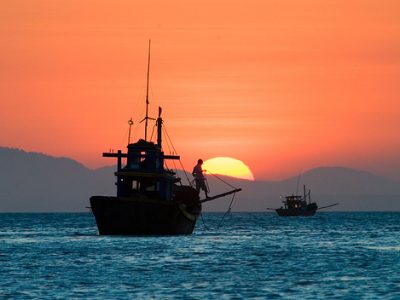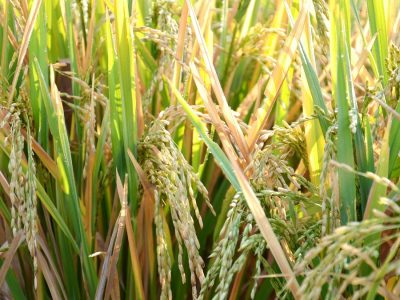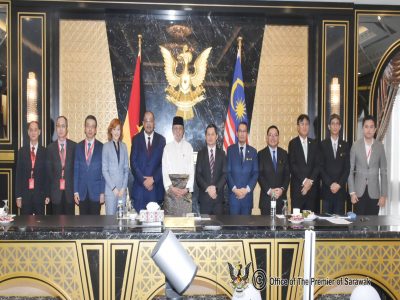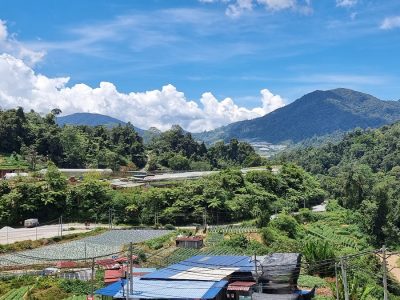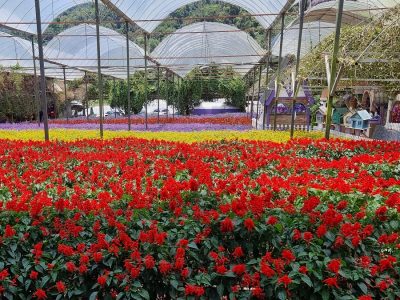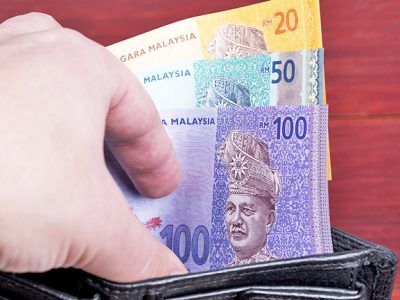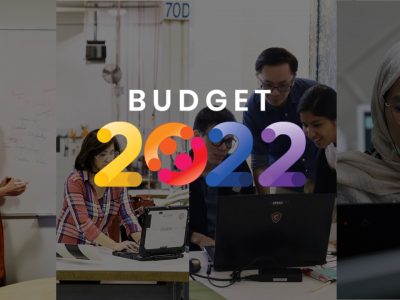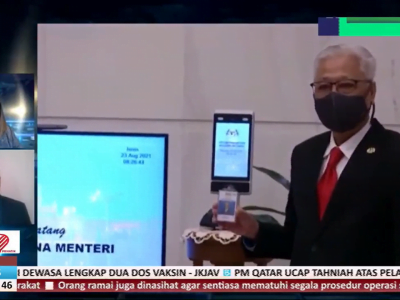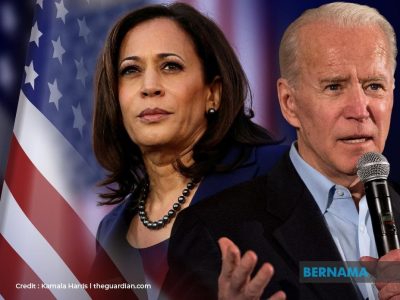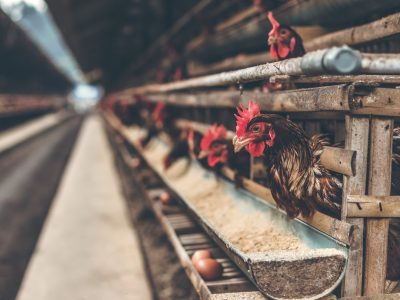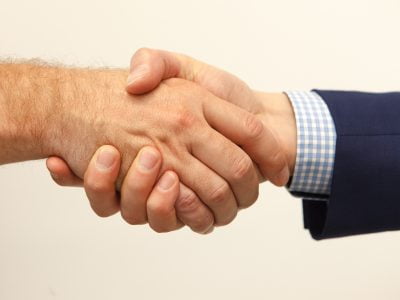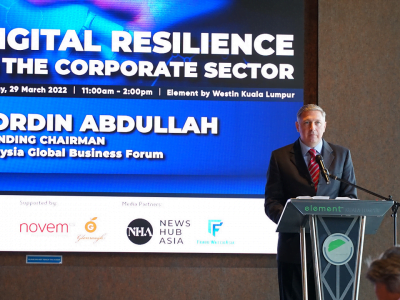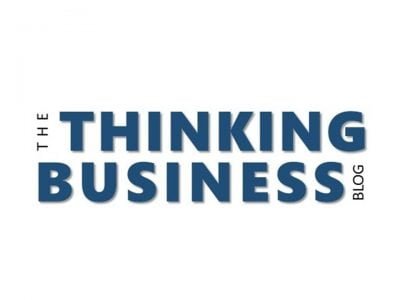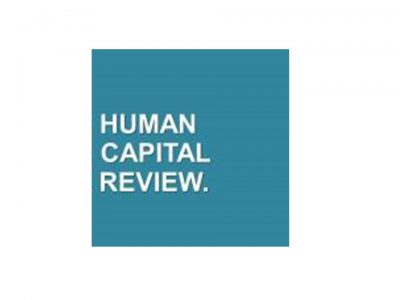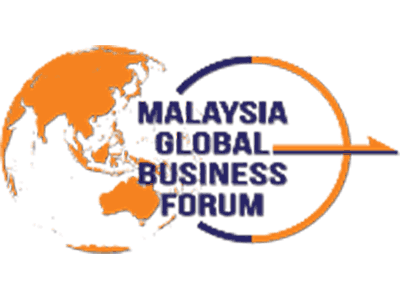The rotating EU Presidency now rests in the hands of the Dutch Government, for the first six months of 2016. The Dutch EU Presidency has shown recent signs that it intends to push for greater scrutiny of palm oil that comes into Europe. This could mark the first time that an EU Council Presidency has made palm oil a strategic focus of their sustainability agenda.
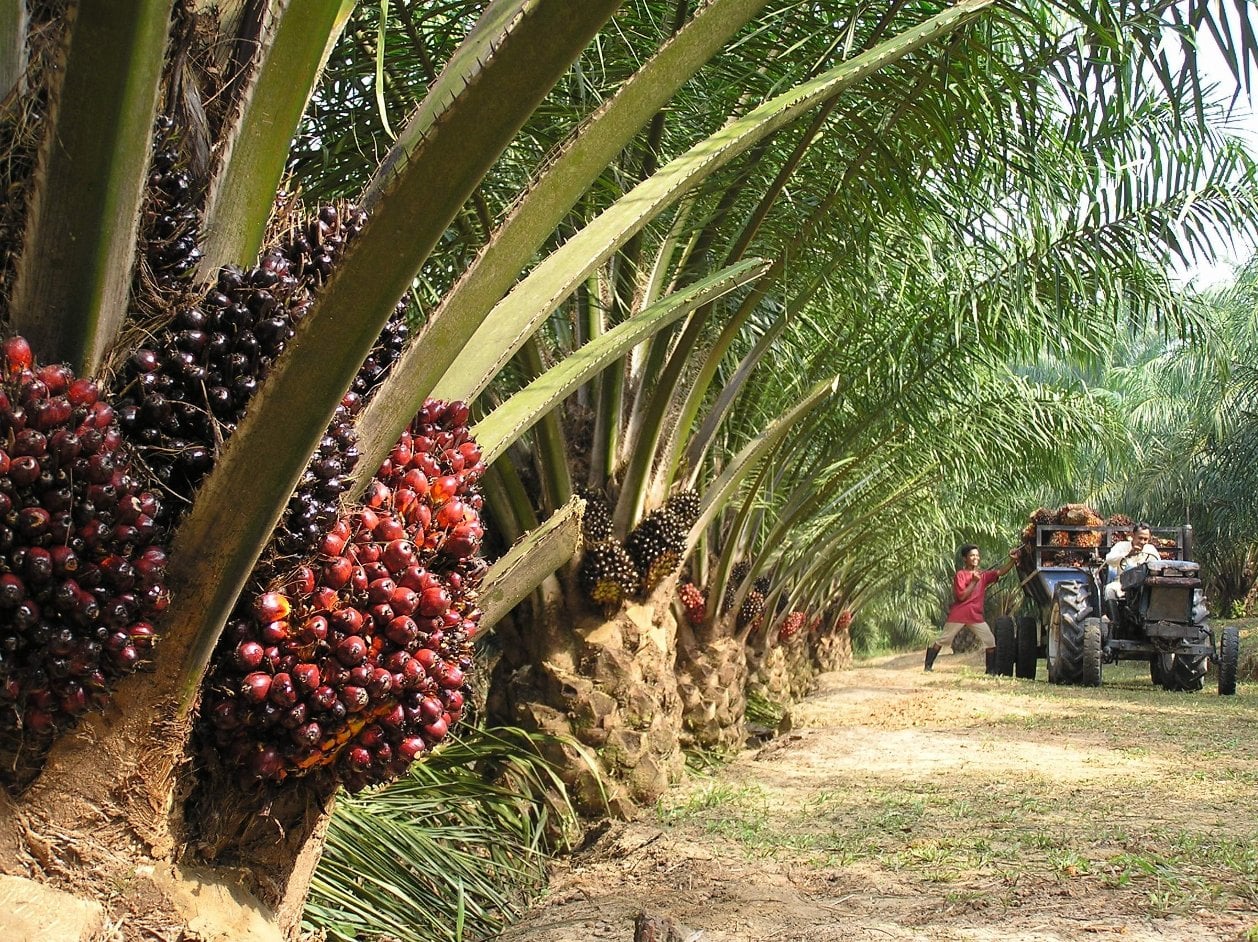 First, and foremost on the Dutch agenda will surely be the uptake of Certified Sustainable Palm Oil (CSPO), and the relative sparsity of uptake by European buyers and manufacturers. This lack of CSPO uptake in Europe – something that is causing discontent amongst key palm oil stakeholders – is critical, because of Europe’s position in the palm oil sustainability debate.
First, and foremost on the Dutch agenda will surely be the uptake of Certified Sustainable Palm Oil (CSPO), and the relative sparsity of uptake by European buyers and manufacturers. This lack of CSPO uptake in Europe – something that is causing discontent amongst key palm oil stakeholders – is critical, because of Europe’s position in the palm oil sustainability debate.
Europe is the key source – really the only source – of NGO approved palm oil demand. Much of the demand for CSPO certified by Western NGOs is a result of anti-palm oil campaigns and risk-averse companies that have invested considerable amounts in their branded consumer products. Despite this, uptake remains relatively low. The uptake of CSPO is roughly 50 per cent, and there is as such no premium on CSPO, even with higher production costs. However, there appears to be a new concerted policy push from both governments and the private sector to increase the uptake of CSPO via regulation.
The push has most recently culminated in a new policy announcement by five European governments and a number of European bodies involved in palm oil. Late last year, a group of European nations – the UK, the Netherlands, Germany, Denmark and France – signed on to a commitment for ‘100% sustainable palm oil production’ by 2020.
They have also requested that the European Commission convene a session of member states to examine the issue and policy options.
This declaration indicates a political appetite among European policymakers and business – particularly in Northern European countries –for more stringent measures on palm oil.
The Dutch appear to be leading this new push, and it looks as though the Dutch Presidency of the European Council will push broader trade and environmental goals, as well. Indeed, the Dutch trade minister indicated in a speech in December that the Netherlands would draft the support of the private sector to push other non-trade goals.
This is not the first time that trade controls through regulation has been attempted in Europe, with the goal of supporting increased CSPO uptake (i.e. securing regulatory advantage for CSPO, or disadvantage for non-CSPO palm oil – which amounts to the same thing).
Dutch importers during the last Dutch EU Presidency lobbied for a reduced tariff on palm oil certified as sustainable – an effort that clearly would have run into problems with trade law and with key trading partners (i.e. in SE Asia). The proposed reduced tariff, which was effectively an increased tariff on non-CSPO palm oil, never got out of the gate for the above stated reasons.
A recent, more nefarious attempt in the dead of night through a non-transparent process was made to introduce discriminatory regulations favouring CSPO – in this case, a tax on all non-CSPO palm oil, that was proposed in Italy in late 2015, as part of the Parliamentary budget process. Again, the proposal died straight away.
The new push, led by the Dutch EU Presidency, appears to instead draw from three separate policy initiatives related to forestry that emerged from Europe over the past decade or so.
These three items are likely the potential ‘blueprints’ that the Dutch effort could attempt to follow.
- First, a UK procurement initiative that emerged around 2010. This was effectively a voluntary measure that was instituted by the Department of the Environment, Food and Rural Areas (DEFRA). The initiative worked with palm oil importers towards an aspirational target to have all palm oil going to the UK certified as sustainable by 2015. The initiative fell well short of its target and was disbanded after three years. However, the new initiative appears to have adopted almost the same approach.
- Second was in the Netherlands, which had a similar approach to that in the UK. This was known as the Dutch Task Force on Sustainable Palm Oil, led by the Dutch Product Board for Fats and Oils (MVO). While nominally a private-sector push, the task force relies on significant Dutch, Danish and Swiss government funding via the Dutch body IDH, also known as the Sustainable Trade Initiative. The Task Force has pushed for similar goals to the UK measures, i.e. to have all palm oil imported into the Netherlands to be CSPO.
- Third, and arguably most significant is the EU’s Forest Law Enforcement, Governance and Trade (FLEGT) program. It concerns for the most part the ‘legality’ of timber products exported to the EU. FLEGT has been a multi-million dollar program with two significant policy measures.
- One is the introduction of ‘due diligence’ rules for European importers. European importers must – under threat of legal penalty – assess the legality of any timber products they are importing.
- Another is the establishment of an environmental trade agreement known as a voluntary partnership agreement (VPA). Under the VPA system, timber will only be exported to the EU if it meets a particular agreed standard for legality, which includes environmental regulations.
The EU is currently exploring the possibility of extending this FLEGT program to other commodities imported to the EU.
This is similar also to approaches taken in relation to conflict minerals on both sides of the Atlantic, and more recently, with reporting on policies in relations to child or trafficked labour in the State of California. In these cases, the reporting requirements are those that basically demonstrate that some level of risk management has been undertaken. However, the requirements make parties that are essentially innocent so paranoid about auditing that extreme levels of compliance are implemented that don’t actually go towards solving any social or environmental problems.
These three abovementioned policies, in combination with the most recent announcement in the Netherlands, indicate that the EU – and certainly specific EU states – is taking some sort of environmental trade control seriously.
This has not gone unnoticed by palm oil producing countries, and efforts by the Dutch Presidency to implement policies based on these scenarios would risk disagreement with palm oil producing countries – key trading partners for the EU in general, and the Netherlands in particular.
 The bigger question is whether the EU is of the opinion that it can undertake these measures unilaterally in the light of recent policy initiatives in both Malaysia and Indonesia.
The bigger question is whether the EU is of the opinion that it can undertake these measures unilaterally in the light of recent policy initiatives in both Malaysia and Indonesia.
Both countries have introduced government-backed sustainability standards for palm oil production. The Malaysian standard in particular follows national standards procedures and conforms with norms established in the International Standards Organisation (ISO).
Any move by the EU – or EU nations – to push a private, non-governmental standard rather than recognise one that has been established by a sovereign government would have further ramifications for European trade policy and any trade push by the European Union into the palm oil-producing region in South-East Asia. The idea that the EU wouldn’t to some extent recognise a standard established by one of its trading partners is politically dangerous.
The EU, for example, recently announced a new trade strategy called ‘Trade For All’. The policy states that Asia is crucial to Europe’s economic interests; yet Asia appears to be something of an afterthought in EU foreign policy. The EU-Singapore free trade agreement went ahead because there was nothing contentious in it; in some ways it can simply be considered an agreement on investment and services. The EU-Vietnam agreement negotiations concluded in December; and there is still at least an 18-month legal review and ratification period ahead.
But the reality is that the EU’s trade relationship with most ASEAN countries has stagnated; as demand in Europe wanes, its manufacturers and services providers need greater market access in growing markets.
The only way this will happen is with careful and considered bilateral or multilateral engagement that covers national standards, EU trade regulations such as due diligence laws and broader trade engagement. If European countries want to say which palm oil can enter Europe, and which can’t, they must be aware that this will come at a price.







